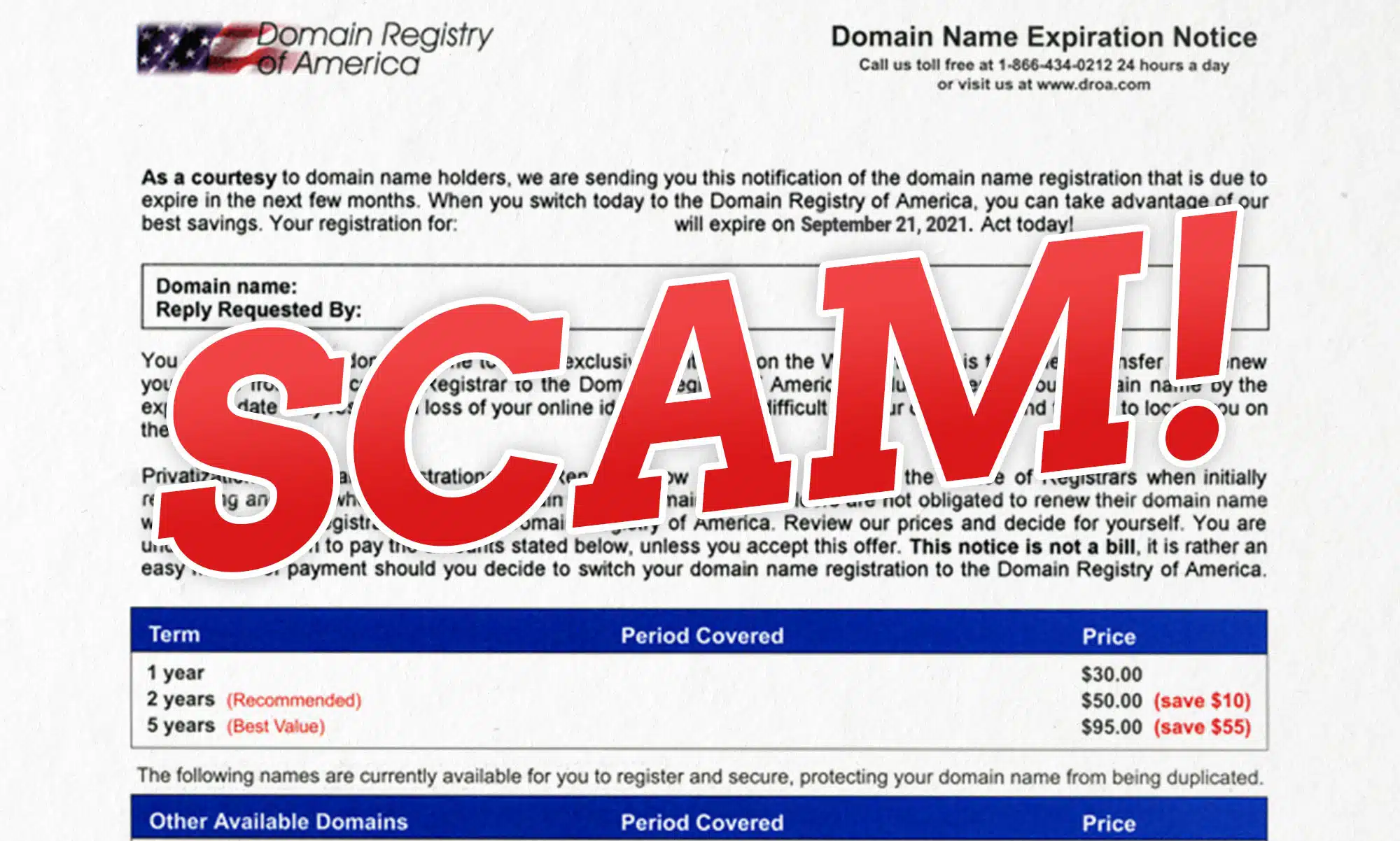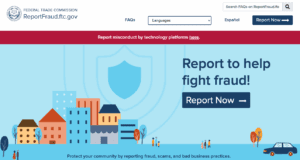What Are The Best Domains To Buy?
Right at the top of the to-do list for any new business is “launch with a great brand name”. You’ll also need a website domain name to match – which is where NameExperts.com Director Joe Uddeme can help. Find out how to choose and register a great URL for your business in this guide. For more than 15 years, NameExperts.com has been helping brands buy premium domain names that will help them grow. The issue most new firms have today is that pretty much every great domain name they can think of has gone. But that doesn’t necessarily mean they aren’t available. As well as advising fledgling companies on which great brand names to choose, we spend much of our time tracking down domain name owners and reaching out to them on behalf of our clients. It’s what domain brokers do – we’re your secret weapon when trying to get a great name owned by someone else (and not paying over the odds for it). In this post, we’ve rounded up 10 of our best tips for anyone who wants to buy a domain name for their business. And if you get stuck, just reach out to us for some expert help. What are the best domain names to buy? Stick with the classics! Though it might be tempting to use options like .net, .edu, .biz or even things such as .shop, or .blog, it’s usually better to go with a .com domain name whenever possible. That’s mainly because everyone is familiar with .com. No matter how good the domain name you’ve landed, they won’t remember the all-important last bit (known as the top-level domain or TLD) if it’s something obscure. Everyone will automatically assume your domain is a dot com – so you might as well give your customers what they are expecting. Additionally, the .com name is worth more. Search engines cater to sites that give the user the best experience, and .com sites are seen as more credible to users and help establish brand authority. Choose a brandable name If you’re just getting started with establishing your brand, choose something brandable. Think about something unique that your competition won’t have. A brandable name might mean that your name doesn’t mean anything at all, as is the case with Etsy or YouTube. You also want your domain to be easy to remember and easy to pronounce. Something else you’ll want to consider is to not choose something that sounds shady or untrustworthy. The goal is to create something that can be developed over time, so choosing the right name is important. Keep it short and simple If you’re trying to add keywords (terms people will tap into Google when searching for a business like yours) to your domain name, make sure you don’t go overboard. It’s better to have something short and simple that accurately represents your brand. We recommend keeping your domain under 15 characters and avoid using numbers – unless they are specifically a part of your brand. Try to avoid weird or unique spellings of common words. If your name is Smyth and you want to include that in your brand, odds are that every single person will type Smith. Alternatively, if you’re dead set on using your unique brand that might be a variation of a common word or name, you can work with us to buy the domains that include the common misspellings. That way, even if users type it in wrong, it will redirect to your website. Avoid double letters and hyphens Another tip we would suggest is to avoid double letters or hyphens in your domain. It makes your domain much more complicated. For example, if your website is classset.com, you will probably lose traffic because of typos. Avoiding double or triple letters like this will keep it simple and easier to type and remember. Additionally, always avoid hyphens. Hyphens are typically associated with spam websites, and you don’t want your business or blog to be tainted off the bat. Plus no one will remember the hyphen! If the reason you’re using a hyphen in your name is that a competitor has the domain you want, chances are you’ll be sending clients right to them. So, find a different and unique name. If you’re having trouble, contact us. We love helping clients find the very best domain for their business – and at the right price, too. Don’t limit yourself with a domain that is too specific Choosing a name related to the industry you’re in is a smart choice because you automatically give users an idea of what your website is about. However, you don’t want to limit yourself and not give your brand the opportunity to expand. If you’re a baker, you might consider the name frostedcupcakes.com – but what if you wanted to include more than just cupcakes in your bakery? Your domain might dissuade users from exploring what other services you offer because they have a preconceived idea of what you do. Try to pick something flexible that can grow with you. Research the history of your domain before you buy This is where an expert domain name broker can really add value. We research your domain to find out who owns it, and then we spend time finding out what the reputation of that domain is. Why? Because sometimes even an “amazing” domain just isn’t worth it. If your desired name is tainted because it’s associated with spam or an inappropriate site, it might be worth looking at another domain name. Keeping that in mind, you don’t want to choose an alternative name that’s too similar to the one you’ve just abandoned because of its bad reputation. You never want your name associated with anything untrustworthy. Domain names are like real estate Every day, new domains are registered globally. If you find a domain name you want, don’t wait too long! We’ve often described domain names as being similar to real estate. People all over are looking for good brandable names that they can register and then try to sell at better rates later. If you don’t act fast (or consult an expert like us), someone else might go ahead and register your domain name before you do. That being said, not all domain names are worth as much as you might think (or their sellers would have you believe). So don’t just buy domain names just to have them – buy names you actually think you might use in the future. If a name you want is in use, think laterally. Website copywriter Mike Peake, who sometimes helps out on the NameExperts website, had to do this when he tried to register mikepeake.com many years ago, only to discover it was already registered. Rather than choose a .co.uk TLD (he’s a Brit), he went with bymikepeake.com instead. Make sure you’re set to auto-renew Typically when registering a domain name, you get to choose the registration period – usually a time span between 12-24 months. If you don’t renew your domain after that time, you will miss your window and it will become available to the public to buy. Sometimes, if you fail to renew in the time allotted, brokers and other domain purchasing sites will buy your recently expired domain and then charge you an arm and a leg to get it back. Avoid all that nonsense by setting your payment to auto-renew! Nearly every registrar gives you the option, so better be safe than sorry. Don’t worry if your domain is taken Honestly – that’s what domain brokers are for! We are in the business of buying domains on your behalf, even if they are already taken. We have a tried and true process that really works. Our service includes a pre-consultation phase, followed by a more detailed consultation and then in-depth research. After that, we contact the seller for you and negotiate the price. We take all the hassle out of the process and make sure your domain gets transferred to you. What are the best domains to buy? It’s all down to you and what you want your brand to represent. But don’t panic if your dream name doesn’t appear to be available. We can work wonders with our ‘little black book’ and negotiation skills – or we can steer you in an exciting new direction if that’s a better route. The goal in both cases is to help you secure the best domain name that works for you. About the author Joe Uddeme is Director and Principal of Name Experts, one of the world’s leading domain name brokerage services. He has overseen domain name sales and acquisitions totaling more than $150 million and is renowned worldwide as a go-to expert in buying and selling premium domains. Contact us at: [email protected]







